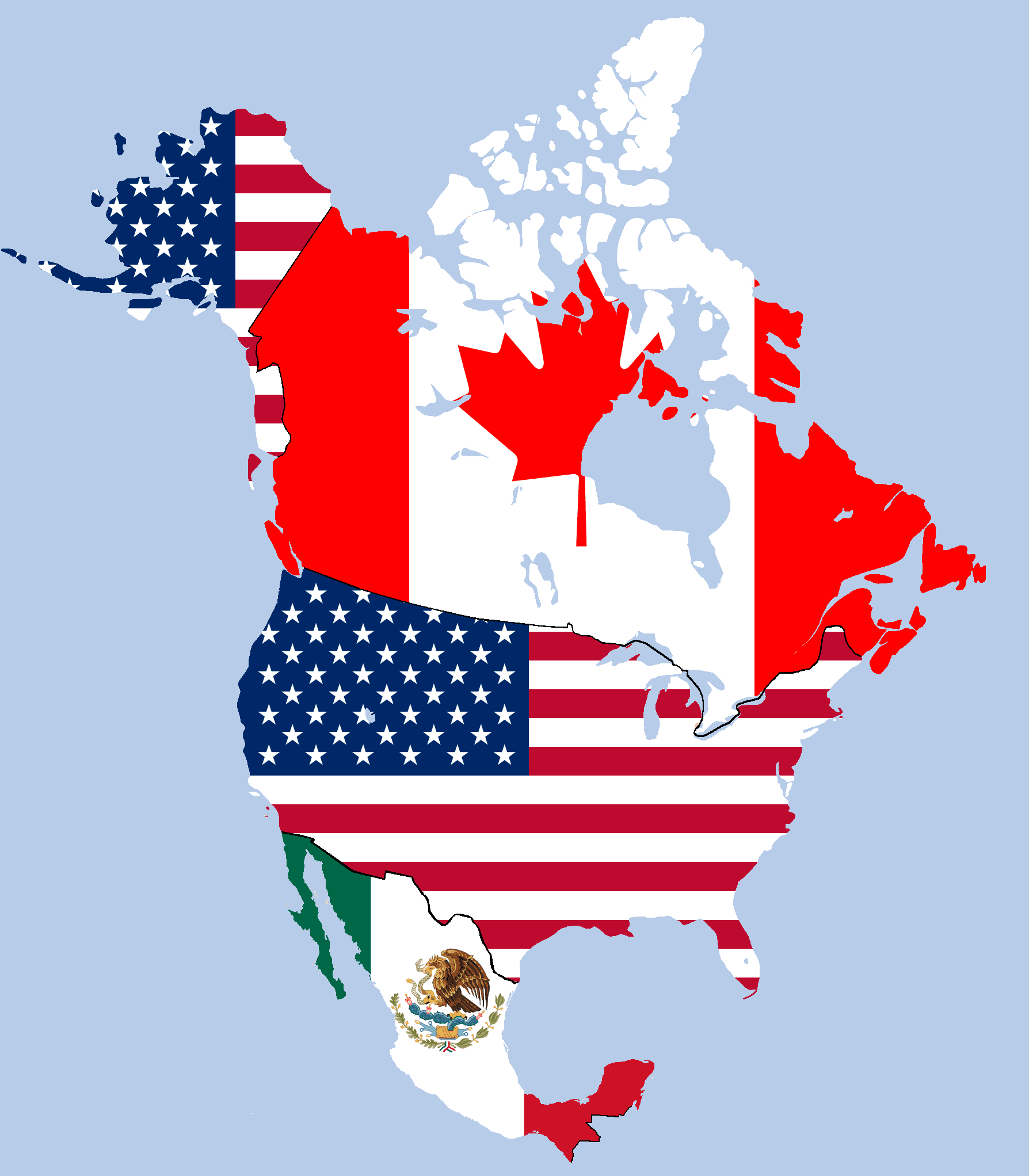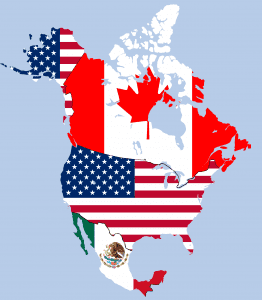NAFTA’s 20th overrated?

The need to study social rather than individual actions
Article: Taras Matkovsky – Contributor
[dropcaps round=”no”]R[/dropcaps]ecently, the North American Free Trade Agreement (NAFTA) became 20 years old. Signed in 1993, it was a deal that saw the elimination of tariffs between the United States and its immediate neighbours, Canada and Mexico. This deal was one of the byproducts of the dominance of neoliberalism at the time. With the elite sectors of the Western world viewing regulated markets as an obstacle to prosperity rather than as a prerequisite, a great push was made to do away with as many tariffs as possible. The fall of the Soviet Union served to strengthen this push as it supposedly showed that state intervention in the market sphere led to bad outcomes. Today, the supporters of NAFTA point to increased GDP figures for Canada, Mexico, and the U.S. as proof that it has succeeded. Its critics, however, point to increased joblessness and job insecurity as proof that it did not work. I side with the latter argument, because historically, no country ever got developed through free trade. The fact that mainstream economists argue otherwise reveals a weakness in their way of thinking.
Nowadays, the popular perception of the U.K. and the U.S. is that they got rich through free-trade policies. In fact, the opposite is true; their wealth came through protectionism. Beginning with English King Henry VII’s decision to halt English raw wool exports so as to promote domestic cloth manufacturing, the United Kingdom fully embraced a mercantilist trade strategy to give their merchants an advantage. This led to such a large increase in British exports that Britain felt obliged to start the Industrial Revolution to maintain this pace. However, Britain switched to free trade in 1846, because their government felt that they were so far ahead that nobody could catch up. The British leadership spent the next sixty years trying to convince the rest of the developed world that free trade was good for them but to no avail. Most notably, the United States kept high tariffs and surpassed Britain as the world’s largest manufacturer in the 1900’s. Ultimately, British manufacturers began to lose market share as they were up against competitors who were aided by their respective governments; two world wars led to the death of Imperial Britain and her industrial supremacy.
I got the above information from the book The Betrayal of American Prosperity by Clyde Prestowitz. This book was written to challenge the myths of free market superiority in America. NAFTA and its outcome are one example of how the economics profession increasingly became blind to evidence that went outside their accepted free-market beliefs. Mainstream economics has developed a consumer-based focus, with consumption treated as the end of all human activity. NAFTA was the greatest expression of this belief, as its advocates claimed that Americans and Canadians could buy cheaper goods and Mexicans would get jobs. They still claimed NAFTA was working even when the factories left American and Canadian soil. While GDP in all countries may have grown, it is doubtful that these gains were shared by everyone. By focusing on consumer welfare, economists forgot that people are more than consumers; they are citizens. People have expectations outside of day-to-day market activities. Industrial policies were launched with the aim of providing for society as a whole, through developing industries that could provide wealth and industries. I have never seen these concerns addressed in an economics class today. NAFTA was the expression of a hyper-individualistic time. Today’s crises show that economics needs to study social rather than individual actions if we are to build a better future.
[button style=”e.g. solid, border” size=”e.g. small, medium, big” link=”” target=””]Image: TheMexicanGentleman[/button]









